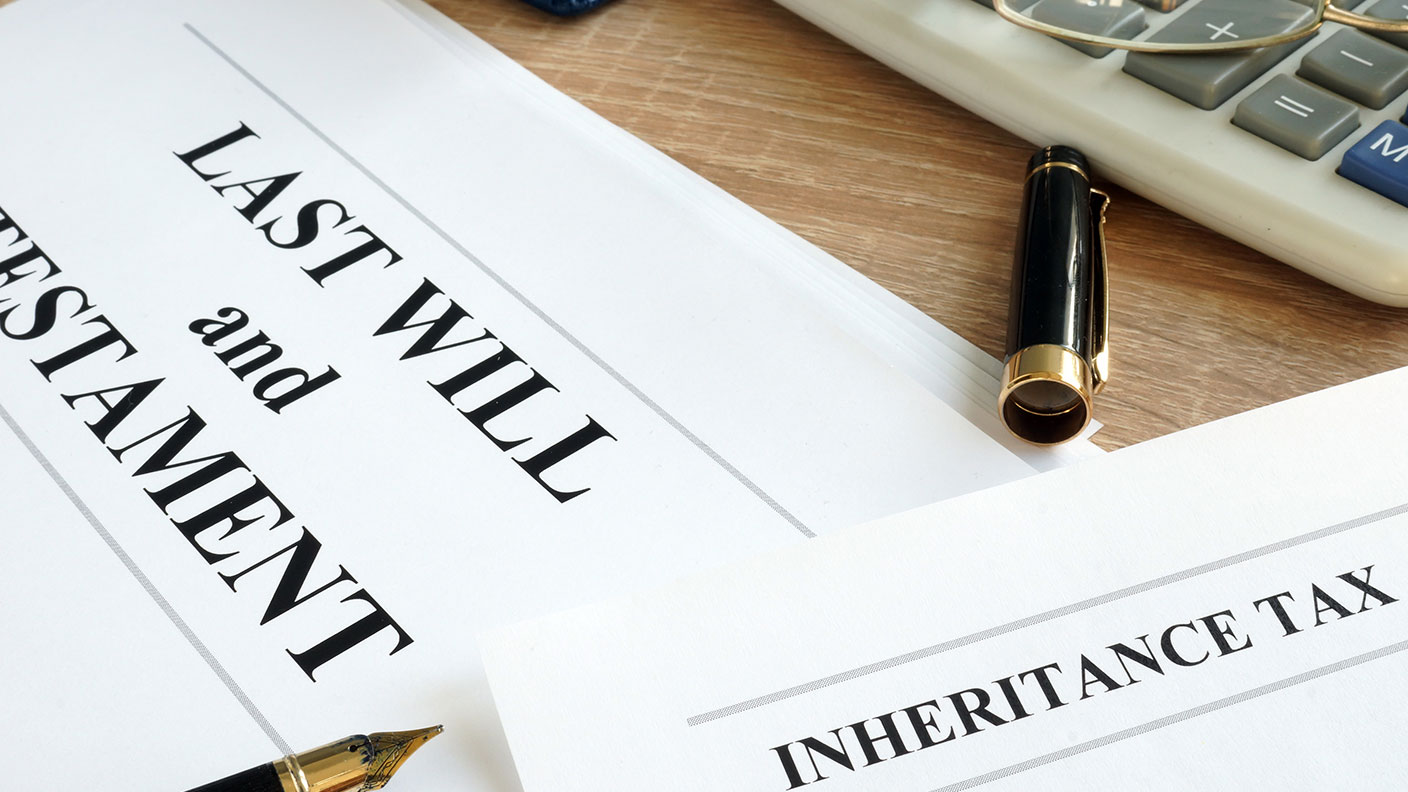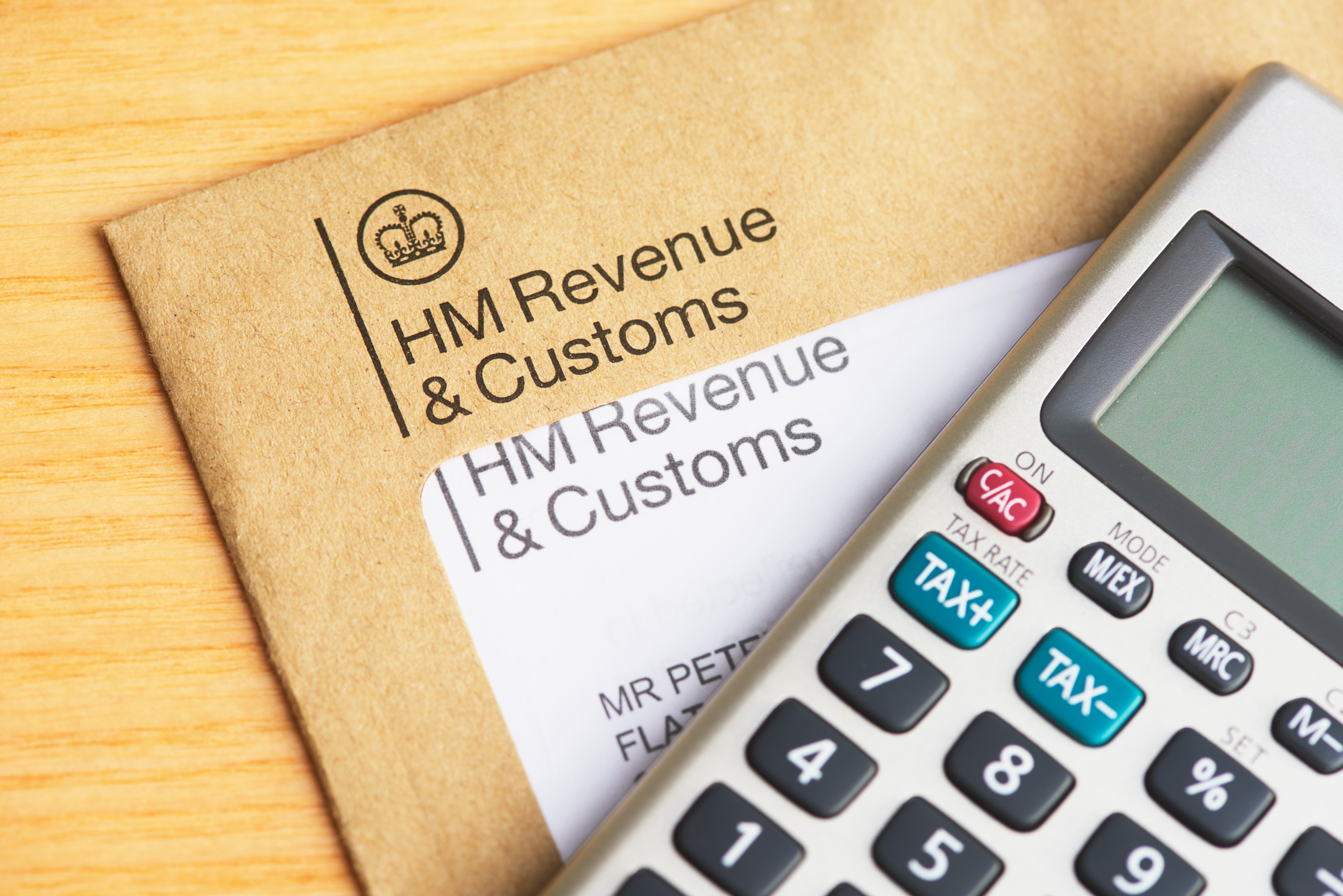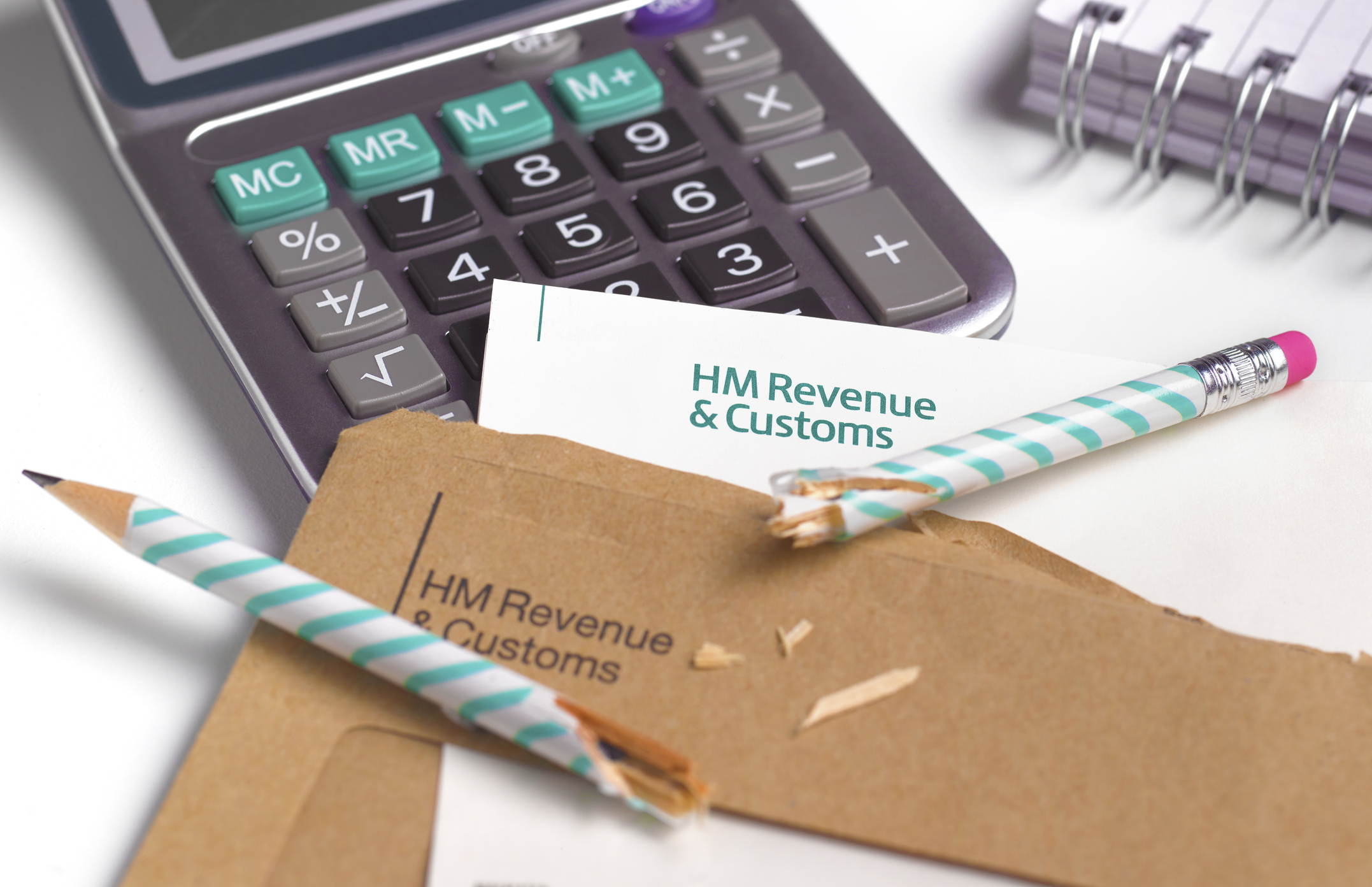Inheritance tax bills are set to rise – will you be caught out?
The number of people who actually pay inheritance tax is very small. But more and more estates are set to be dragged into its net, says David Prosser. And that could include you.


Get the latest financial news, insights and expert analysis from our award-winning MoneyWeek team, to help you understand what really matters when it comes to your finances.
You are now subscribed
Your newsletter sign-up was successful
Want to add more newsletters?

Twice daily
MoneyWeek
Get the latest financial news, insights and expert analysis from our award-winning MoneyWeek team, to help you understand what really matters when it comes to your finances.

Four times a week
Look After My Bills
Sign up to our free money-saving newsletter, filled with the latest news and expert advice to help you find the best tips and deals for managing your bills. Start saving today!
Today, we come to one of the most potentially useful inheritance tax planning tools – the humble pension.
Most people know that private pensions are highly tax efficient. But their inheritance tax advantages are less widely recognised. This is a shame – the fact that your pension savings fall outside your estate for inheritance tax purposes means they can be a great way to pass money on to heirs, and even to mitigate a potential tax bill.
The bottom line is that pension pots are not subject to inheritance tax when you die – they do not count as part of your estate. That said, not all pension savings can be passed on to heirs.
MoneyWeek
Subscribe to MoneyWeek today and get your first six magazine issues absolutely FREE

Sign up to Money Morning
Don't miss the latest investment and personal finances news, market analysis, plus money-saving tips with our free twice-daily newsletter
Don't miss the latest investment and personal finances news, market analysis, plus money-saving tips with our free twice-daily newsletter
If you have a defined benefit or final salary pension, where your employer guarantees a set amount of pension in retirement, you will not have a fund of savings to bequeath; your heirs may receive benefits such as dependants’ benefits, but they will not inherit any of the savings you have made.
By contrast, defined contribution or money purchase pension savings can be passed on in certain circumstances. These include savings you have made through a workplace defined contribution pension scheme and savings in individual plans such as self-invested personal pensions (Sipps) or stakeholder pensions.
How a pension can help you to plan your legacy
In a defined contribution plan, once you reach retirement and want to start drawing an income, you have a choice to make. You can use the pension fund you have saved to buy an annuity – guaranteeing a set amount of pension for life – or you can opt for an income drawdown arrangement, where you leave your fund invested and take income directly from it. (Or you can do a bit of both).
Money spent on an annuity is gone for good (though you can arrange for a contract with dependants’ benefits). However, unused savings in an income drawdown arrangement can be passed on to heirs. So too can your defined contribution pension fund if you have yet to choose between an annuity and drawdown.
Either way, if you die before age 75, whoever inherits your savings pays no inheritance tax and can also draw on the money with no income tax to pay. If you die after 75, your heirs still pay no inheritance tax, but there will be income tax charges on withdrawals.
The exemption of pensions from inheritance tax gives rise to several types of planning opportunity. Most obviously, if your non-pension assets (such as the cash in your Isas) are likely to leave your heirs facing an inheritance tax bill, it may make sense to prioritise pension plans for your future savings. You may even be able to move existing savings and investments into your pension plan to take them out of the inheritance tax net.
Equally, if you reach retirement with significant savings and investments outside of your pension plan, it may make sense to draw on these before you cash in your pension fund. That way, you will be reducing the size of your estate for inheritance tax purposes before you start using up savings that fall outside of your estate.
Be aware of the risks
However, it is important to consider inheritance tax in the context of your broader needs and circumstances. Contributing too much to a pension, for example, can leave you with a tax headache, since there are strict limits on how much you may invest tax-efficiently in pensions both each year and over a lifetime (the so-called lifetime allowance – another tax threshold that seems unlikely to rise much in the next few years).
Similarly, while income drawdown plans make it easy to leave savings to heirs, you need to manage them carefully to ensure you have enough income to live on and that your money lasts for as long as you need it.
For the majority of people, it therefore makes sense to take professional advice on how to plan your retirement savings from every angle, including potential inheritance tax liabilities.
This definitely applies if you are considering transferring money out of a defined benefit pension scheme. Some people are so keen to pass pension savings on to an heir that they are prepared to give up a guaranteed pension in a defined benefit scheme – even if this means receiving less pension income themselves from a defined contribution arrangement.
This is not a step to take lightly. Financial regulators advise against such transfers in most circumstances and there is a legal requirement to take professional advice on transfers of funds worth more than £30,000.
In most cases, individuals will be far better off sticking with the defined benefit scheme.
One final point. Since your pension is not legally part of your estate, it is not covered by your will. You therefore have to make separate arrangements with your pension provider to specify who you want to inherit pension savings. You will typically need to complete a form – this may be described an “expression of wish” form or a “nomination of beneficiaries” form, or something similar.
Make sure you keep paperwork up to date as your circumstances change – and that you have made arrangements for each of your pension pots if you have a number of different plans.
Get the latest financial news, insights and expert analysis from our award-winning MoneyWeek team, to help you understand what really matters when it comes to your finances.

David Prosser is a regular MoneyWeek columnist, writing on small business and entrepreneurship, as well as pensions and other forms of tax-efficient savings and investments. David has been a financial journalist for almost 30 years, specialising initially in personal finance, and then in broader business coverage. He has worked for national newspaper groups including The Financial Times, The Guardian and Observer, Express Newspapers and, most recently, The Independent, where he served for more than three years as business editor.
-
 Should you buy an active ETF?
Should you buy an active ETF?ETFs are often mischaracterised as passive products, but they can be a convenient way to add active management to your portfolio
-
 Power up your pension before 5 April – easy ways to save before the tax year end
Power up your pension before 5 April – easy ways to save before the tax year endWith the end of the tax year looming, pension savers currently have a window to review and maximise what’s going into their retirement funds – we look at how
-
 Two million taxpayers to be hit by £100k tax trap by 2026/27
Two million taxpayers to be hit by £100k tax trap by 2026/27Frozen thresholds mean more people than ever are set to pay an effective income tax rate of 60% as their earnings increase beyond £100,000. We look at why, as well as how you can avoid being caught in the trap.
-
 13 tax changes in 2026 – which taxes are going up?
13 tax changes in 2026 – which taxes are going up?As 2026 gets underway, we look at what lies ahead in terms of changes to tax rates and allowances this year and how it will affect you.
-
 How to limit how much of your Christmas bonus goes to the taxman
How to limit how much of your Christmas bonus goes to the taxmanIt's Christmas bonus season but the boosted pay packet may mean much of your hard-earned reward ends up with HMRC instead of in your pocket
-
 Over 1 million pay 45% rate of income tax as fiscal drag bites
Over 1 million pay 45% rate of income tax as fiscal drag bitesHundreds of thousands more people are being pushed into the additional rate tax band by fiscal drag
-
 'I've used my annual ISA allowance. How can I shield my savings from tax?'
'I've used my annual ISA allowance. How can I shield my savings from tax?'As millions face paying tax on savings interest, we explore how to protect your money from the taxman. If you've used up your ISA allowance, we look at the other tax-efficient options.
-
 Simple assessment explained as millions brace for unexpected tax bills
Simple assessment explained as millions brace for unexpected tax billsIncreasing numbers of people could get letters from HMRC saying they owe more tax due to frozen thresholds, under a system known as simple assessment. Here is what it means for you.
-
 What are wealth taxes and would they work in Britain?
What are wealth taxes and would they work in Britain?The Treasury is short of cash and mulling over how it can get its hands on more money to plug the gap. Could wealth taxes do the trick?
-
 When is the self-assessment tax return deadline?
When is the self-assessment tax return deadline?If you are self-employed, rent out a property or earn income from savings or investments, you may need to complete a self-assessment tax return. We run through the deadlines you need to know about